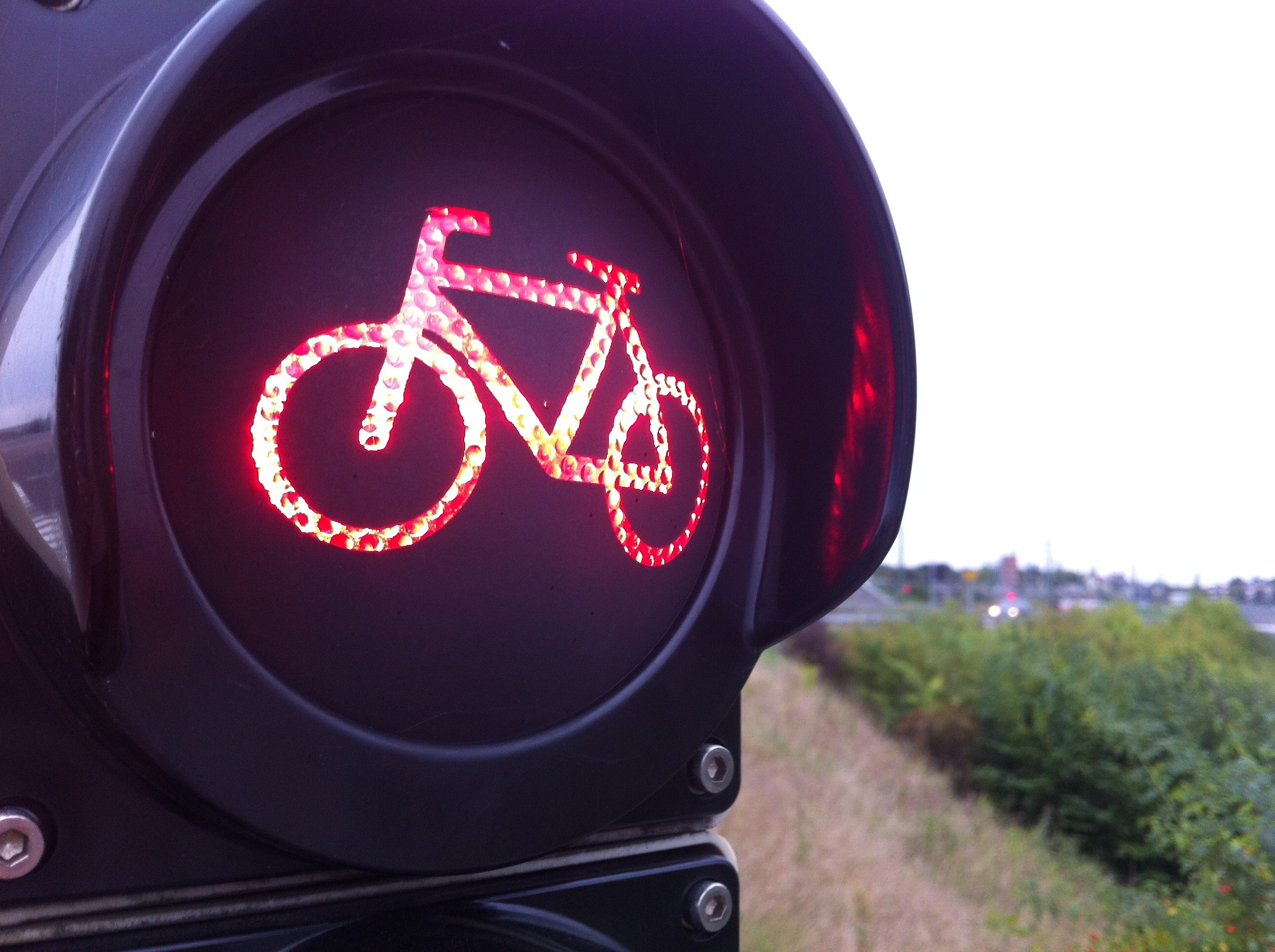Recently, I watched a video on the GCN YouTube channel entitled “Does Tyre Width Affect Braking Distance On A Road Bike?” It’s an interesting question that leads GCN to perform an experiment to see just how well a bike can brake on different width tires. The main question:_Do wider tires brake faster with shorter distances?_ Before we get into that, watch the video and see what the results were:
The experiment consisted of testing three different tire widths (25c, 28c, & 32c) at three different speeds (30km/h, 40km/h, & 50km/h). The rider did three runs at each speed and averaged the results. Braking at the same spot, the results showed that the 32c tire allowed the rider to brake and stop with a shorter distance compared to other tire widths in the same test.
Now, GCN has been known to do some odd experiments. Sometimes I wonder if these experiments are done just as a way to possibly challenge certain biases in the industry. For instance, they did a test to see if flat pedals are more efficient than clipless pedals. Even after the results, some confirmation bias was evident with some dismissal of what the results actually say.
With this one though the experiment revealed something and that was it. No explanation was given as to why wider tires can brake faster. Not sure why exactly they didn’t go into that. Now, in all fairness, I will say that GCN did mention at the beginning of the video that there are benefits to wider tires so there’s that.
But would other road cyclists be as open minded? Would a road cyclist want to admit that wider tires are indeed better than narrower tires? Or would confirmation bias set in with a full dismissal over the benefit of wider tires? That's kind of what we’re getting at with this.
The debate over whether wider tires are better than narrower ones has been going on for a while. That’s especially been the case with the advent of tubeless tire setups, where wider, more supple tires provide the most benefits. There's a lot of confirmation bias with wider tires. Cyclists simply can’t seem to get past the old way of looking at how tires actually work.
Even though all the research shows that wider tires can be faster than narrower ones, many road cyclists insist that wider tires will simply slow them down. They’ll claim that wider tires create more resistance than narrower ones due to a bigger area hitting the road. If it’s not that then it’s the extra weight of a wider tire that slows them down.
So then, why do wider tires brake faster? While I don't fully know the answer, my guess is that the same properties that allow a wider tire to run faster also give it a similar benefit when braking.
A wider, suppler tire is capable of rolling faster because of its ability to quickly deform to the road. A skinnier tire that requires a thicker wall to handle the increase in pressure can’t deform as quickly and thus has more rolling resistance. The properties of the tire along with the width all respond to the road in different ways.
Which brings us to braking. Just like rolling resistance, a wider, suppler tire also has a more positive impact with the road when it comes to braking. The likely reason is that a larger amount of the tire hits the road as the rider brakes. The more tire in contact with the road the more grip you have. When you brake, while your tires are trying to slow down, your bike wants to continue forward. Because of that larger patch, the wider tire will resist the forward motion more and thus will brake faster. Pretty simple logic really.
Wider tires offer a variety of benefits. Not only are they faster (provided you have a supple enough tire) but they also provide a more smoother ride. And now there’s another benefit to consider: better braking. Seems to me these all run counter to the idea that a skinner tire is somehow faster. Will be interesting to see how the majority of road cyclists react to all the advancements to cycling tires.
Keep calm and pedal on!

Post a comment!
Comments
This video is on braking. Is there one that tests accelerating with different width tyres? If wider tyres provide more friction - the hypothesis stated - this would intuitively be good for braking but bad for speed since more power is required to overcome the greater friction.
Checkout some of the articles from Rene Herse. This one in particular is interesting:
https://www.renehersecycles.com/gravel-myths-2-smaller-knobs-roll-faster/